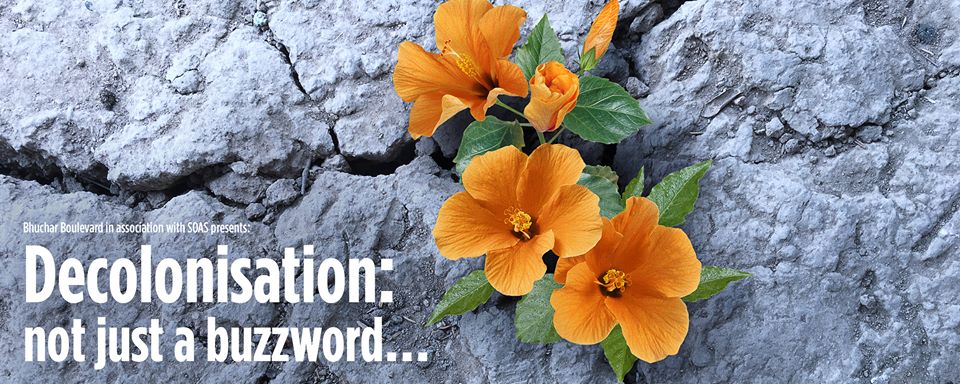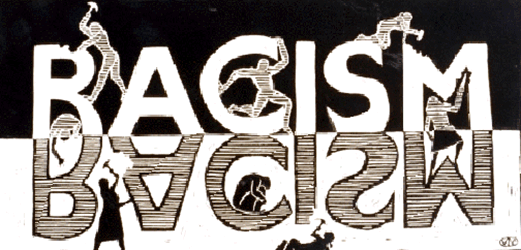From being seen of marginal concern, over the past 10 years, the existence of a significant attainment gap between white and ‘Black and Minority Ethnic (BME) undergraduate students is now high on the agenda for most UK universities, but especially those institutions that have an ethnically diverse student body. As well as providing an overview of the nature and scale of ‘the problem’, this presentation will critically explore some of the ways in which BME attainment been theorised ranging from, student deficit, a product of unconscious bias, institutional/structural racism, and colonial curriculum. The presentation will end by offering a range of strategies for addressing the problem.




